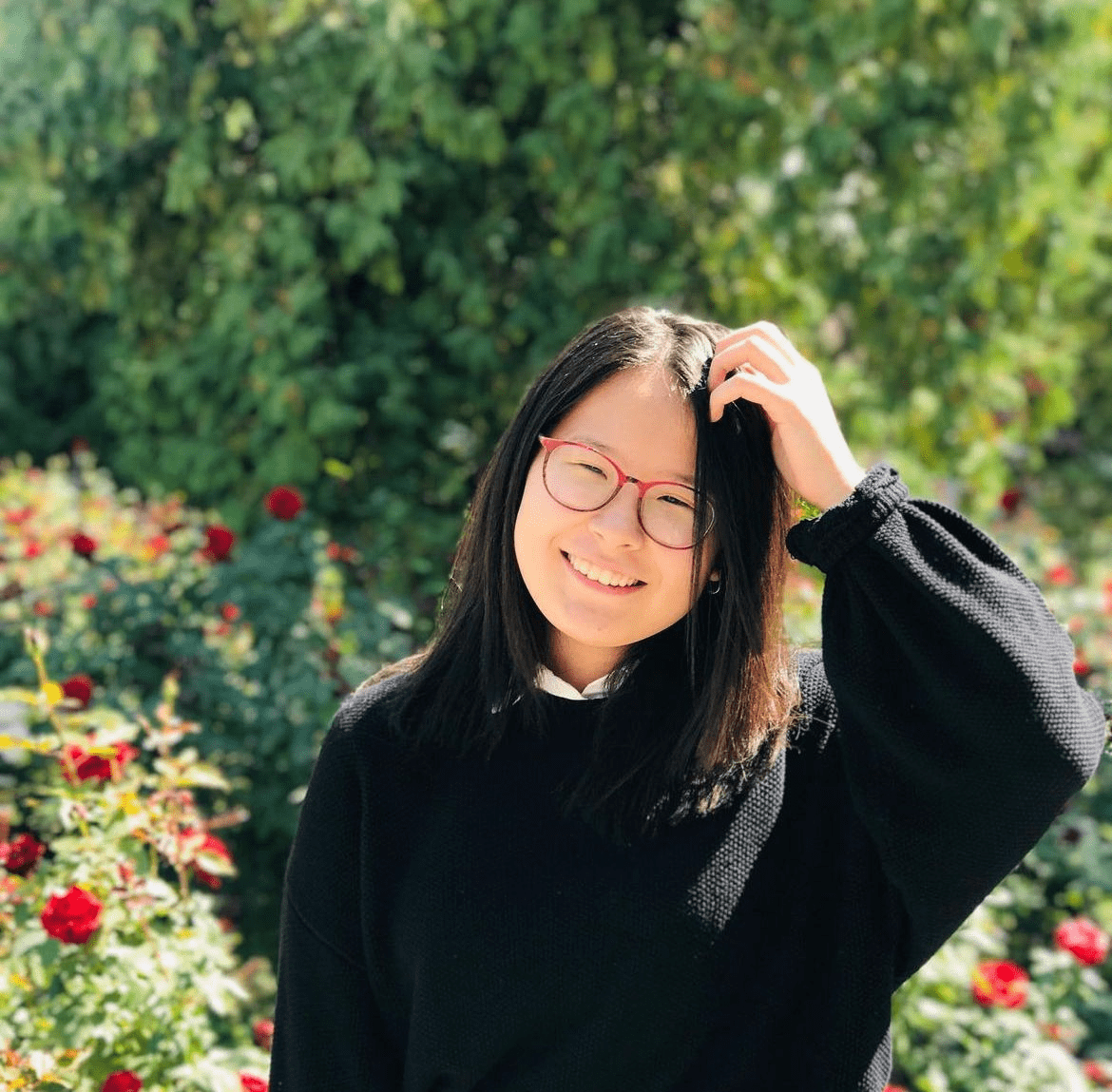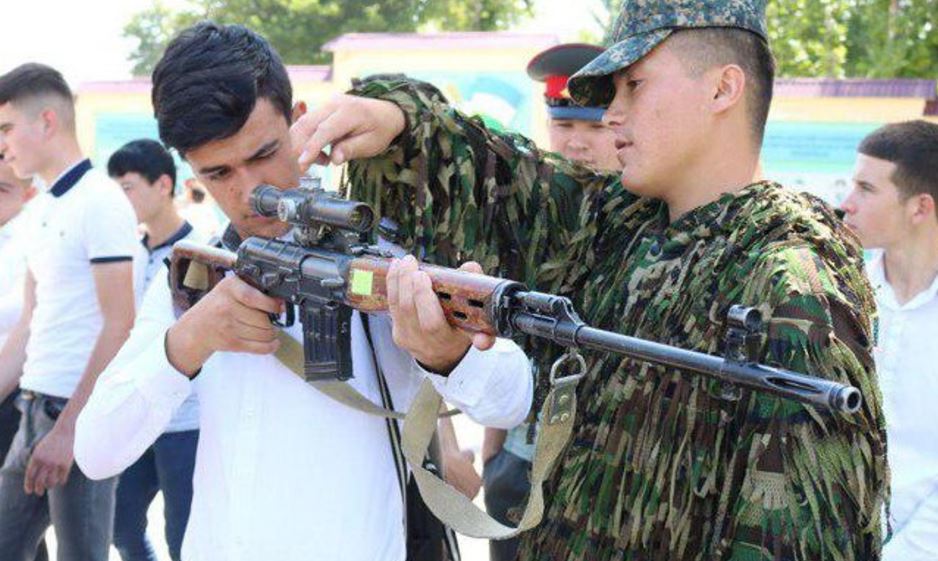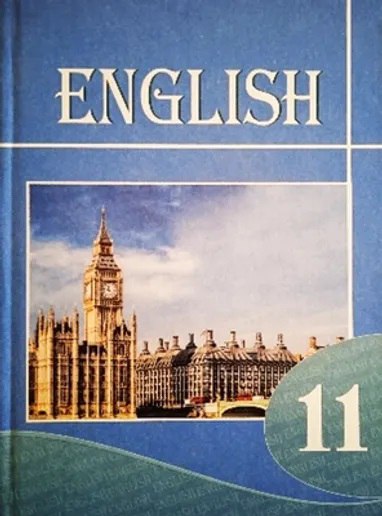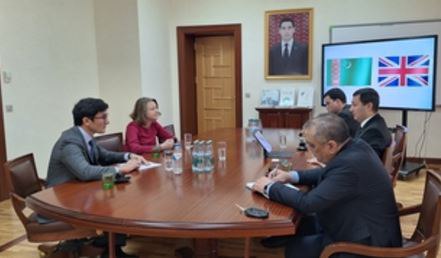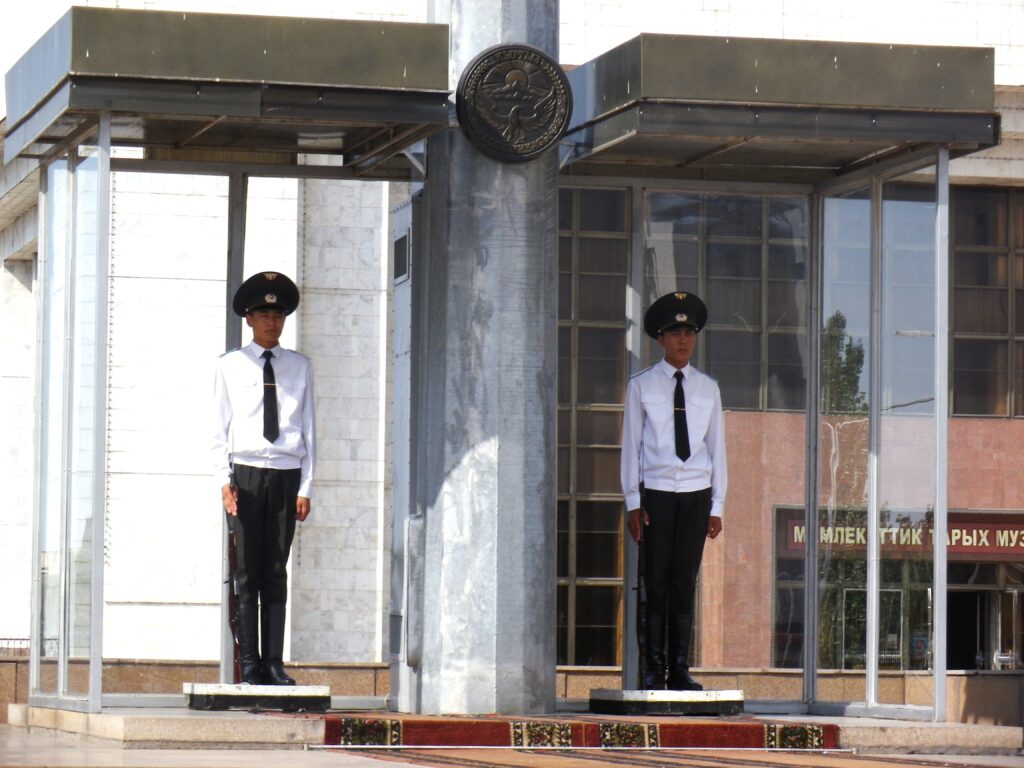Despite the country gaining independence from the Soviet Union back on 16 December 1991, the predominant language in Kazakhstan has long remained Russian. To address the issue, the government set a somewhat ambitious target that by 2020, 95% of the population would be fluent in Kazakh, and more recently, in late 2023, mooted a “Concept for the Development of Language Policy for 2023-2029″.
Meanwhile, there are encouraging signs of an increasing interest in the Kazakh language among young people in Kazakhstan.
TCA talked to Alua Zhanatova, a teacher and bachelor of TARGU University, about the rejuvenation of the country’s native tongue and its importance for society.
TCA: What are your thoughts on the current popularity of studying the Kazakh language?
In recent years I have observed significant changes in our young people’s attitude towards their native language. For a long time, the Kazakh language was generally perceived as formal and cumbersome but nowadays, young people are becoming more interested in learning and using it in everyday life.
TCA: What factors have contributed to the revival of interest in the language?
There are several key factors. First, is the noticeable, growth in cultural patriotism, which has led to young people embracing their roots, culture and ancestral language. Second, is the significant impact of contemporary media and social networks on popularizing the Kazakh language. The emergence of bloggers using the Kazakh language, the creation of Kazakh content platforms and active discussion in Kazakh in social networks all contribute to making the language more accessible and appealing.
TCA: What role do educational institutions and teachers play in this process?
I think educational institutions play a major role. It is important that schools and universities provide good tuition in both the Kazakh language and culture. Many educational institutions have started to develop new curricula that make learning the language more exciting and practical, and the expansion of classes taught in Kazakh in schools and universities is facilitating and spurring students’ desire to learn in their mother tongue.
TCA: What is the reaction among young people to new initiatives regarding the use of the Kazakh language?
Reactions are mostly positive. Young people who previously dismissed Kazakh, are now showing an interest in learning the language, encouraged by the availability of better resources and new teaching methods. I receive a lot of feedback on how useful and enjoyable it is to learn the language through more engaging activities such as games, quests or even social activities.
TCA: How do you see the further development of the Kazakh language among young people?
I am optimistic about prospective developments. If existing initiatives continue to develop and new forms and methods of teaching emerge, I am confident that the Kazakh language will become not only an important part of cultural identity, but also an active element of modern life. It is important that efforts continue to keep the Kazakh language alive and engaging for young people.
In addition to Alua, TCA also talked to young people from different cities in Kazakhstan on the use of their native language.
Tair, age 26, Almaty : “I shoot films and because more and more of my customers are choosing to speak only in Kazakh or are asking for promotional videos in Kazakh, my ignorance of the language threatens to significantly hinder my business. Happy to support the trend and in the firm belief that our mother tongue should be part of our everyday life, I have attended language courses.”
Samira, age 15, Taraz: “I think it’s great. I’m pleased that even small children now speak Kazakh and we’re using the language more and more at school.”
Daniyal, age 19, Astana: “I myself have always spoken Kazakh. In the north it was a rarity, but I feel that even here, interest is slowly but surely increasing and many of my friends with no prior knowledge of the language, are now taking courses”.
